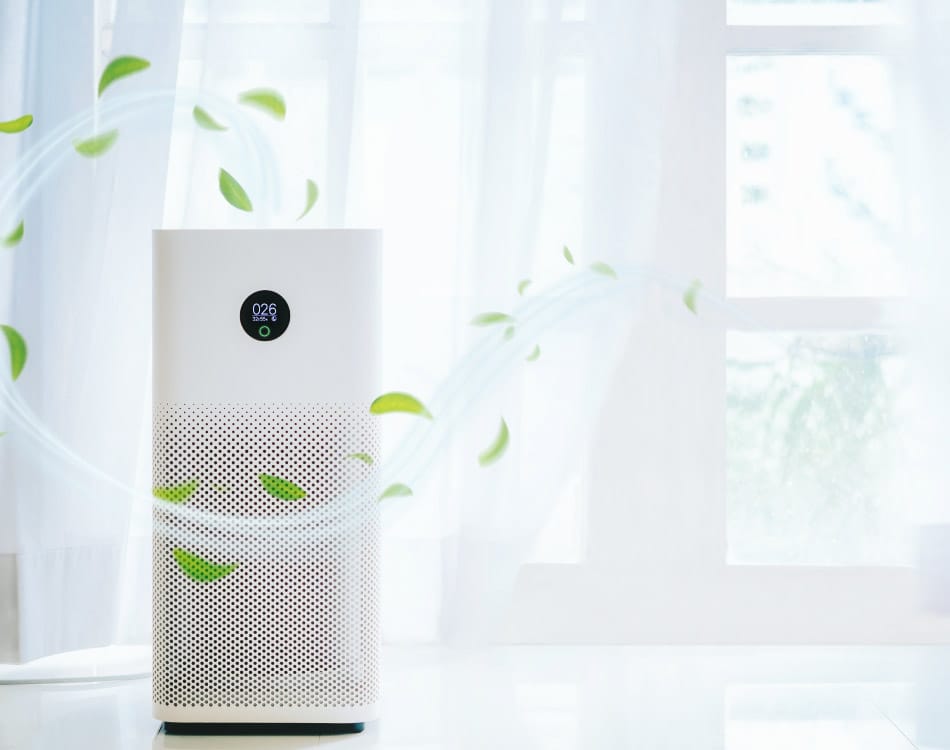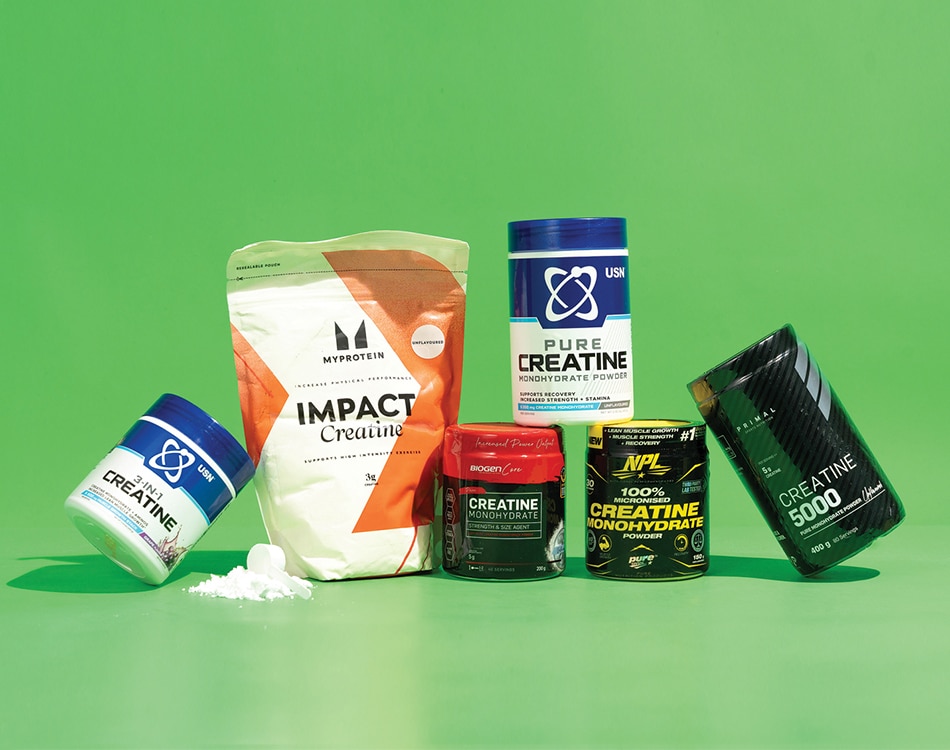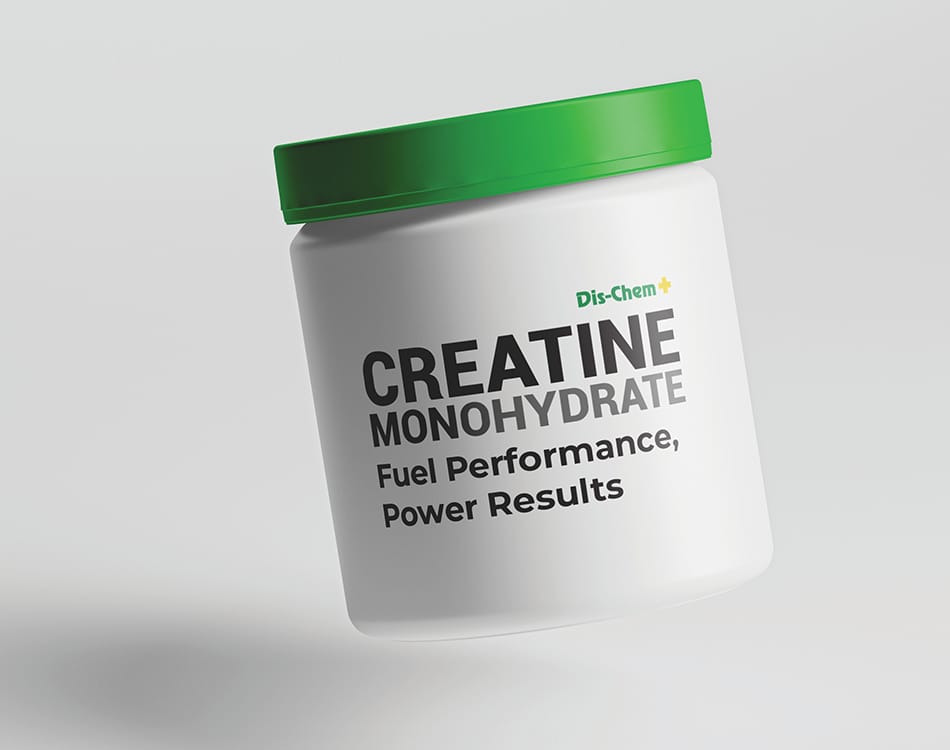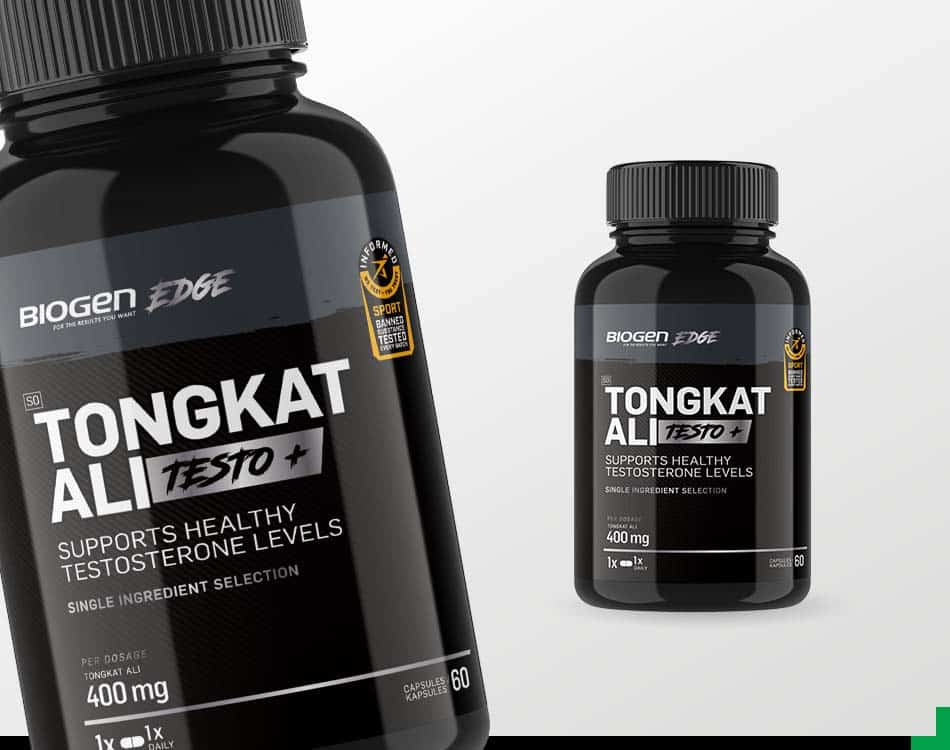A recent global study on air pollution by the Health Effects Institute revealed that 95% of the world’s population currently breathes unsafe air.
The report also found that one in three people worldwide faces the double threat of unsafe air both indoors and outside.
READ MORE | Re-Learn The Lost Art Of Breathing To Boost Exercise Performance
Serious health risks
Breathing polluted air has serious health implications. According to reports, air pollution is the greatest environmental health risk currently facing humanity and is the fourth highest cause of death globally, after high blood pressure, poor diets and smoking.
The State of Global Air 2020 report states that air pollution shortened average life expectancy by one year and eight months. And the impact of poor air quality on human health is extensive, with the health consequences of air pollution potentially taking years to manifest themselves in the form of chronic diseases.
In this regard, an extensive body of scientific evidence from across the globe confirms that chronic exposure to air pollution does more than simply cause cardiorespiratory conditions such as asthma.
Long-term exposures to air pollution can also contribute to increased risk of illness and death from health conditions such as ischemic heart disease, lung cancer, chronic obstructive pulmonary disease (COPD), lower-respiratory infections such as pneumonia, as well as stroke, type-2 diabetes, and even adverse birth outcomes.
And ongoing studies continue to explore air pollution’s role in the development of other conditions such as cognitive and chronic kidney disorders, among others.
READ MORE | How Antioxidants Help Your Health And Recovery
Filter out pollutants
While countries across the globe take bold steps to reduce pollution by moving away from their reliance on burning fossil fuels for energy, you can take proactive steps to improve the air quality in your personal spaces.
Placing air filters or air purifiers throughout your home, particularly in rooms where you spend most of your time, can help reduce your exposure to potentially harmful pollutants.
Portable air cleaners, air purifiers or air sanitisers like those available from Dis-Chem, are designed to filter the air in a room or confined area.
The most effective devices are high-efficiency particulate air (HEPA) purifiers, which typically consist of a filter, or multiple filters, and a fan that sucks in and circulates air. The filters capture or eliminate airborne particles, including smoke and dust, as well as common allergens such as pollen and pet dander, and the device then pushes out clean air into the living space.
Typically, filters are made of paper, fibre (often fibreglass) or mesh, and they require regular replacement to maintain optimal functionality and efficiency.
READ MORE | Why The Path To Vibrant Health Starts In Your Gut
Do air filters work?
Research affirms that HEPA filters used in the home can significantly reduce fine-particulate matter in the air.
For instance, a study led by researchers at Intermountain Healthcare in Salt Lake City, found that running a stand-alone in-home HEPA filter and having the windows closed can provide cleaner air inside the home, especially when outdoor air is poor.
Air purifiers are also effective at reducing the microbiological pollutants called bioaerosols from the air, which include bacteria, fungal spores, viruses, and pollen.
A study published in 2021 in the journal Frontier in Environmental Science found that air purifiers decreased the concentration of microbiological pollutants by 18%, which can help to reduce your risk of picking up an infection at work or at home this winter.
Additional ways that you can improve the air quality in your home or office space include:
- Regularly service and change the air filters in heating, ventilation and air conditioning (HVAC) equipment in our home and office. Using HEPA-specific filters in these devices can provide additional air filtration in these personal spaces.
- Keep your windows open when it’s safe to do so to prevent locking particles and irritants into rooms. Opening windows on opposite sides of the room can create a cross draft that is often more effective at ventilating a room.
- Clean and vacuum the space often using HEPA-certified devices that have sealed bags.
- Minimise how much solid material you burn in your home, including wood fires and candles, and ban smoking inside.
Shop an extensive range of air purifiers, ionisers and air diffusers at your local Dis-Chem Pharmacy or online at www.dischem.co.za.















